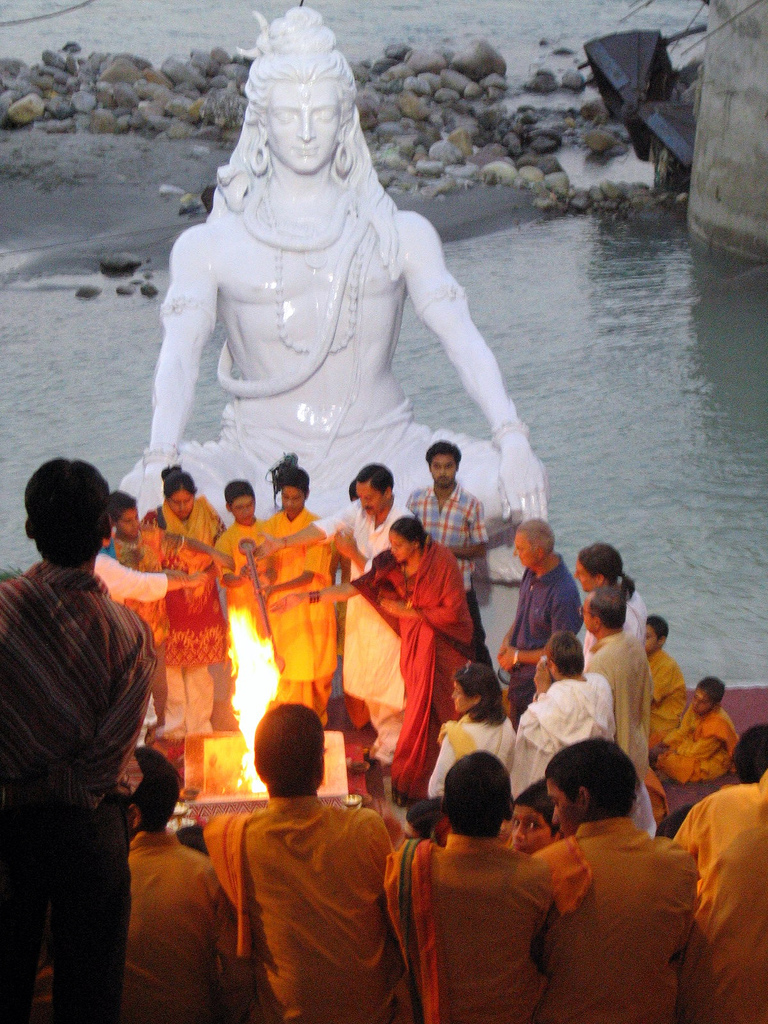|
List Of Hindu Texts
Hinduism is an ancient religionShaivism, Vaishnavism, Shaktism and others. Each tradition has a long list of Hindu texts, with subgenre based on syncretization of ideas from Samkhya, Nyaya, Yoga, Vedanta and other schools of Hindu philosophy. Of these some called '' Sruti'' are broadly considered as core scriptures of Hinduism, but beyond the ''Sruti'', the list of scriptures vary by the scholar.Dominic Goodall (1996), Hindu Scriptures, University of California Press, , page ix-xi, xx-xxi Several lists include only the Vedas, the Principal Upanishads, the Agamas and the Bhagavad Gita as scriptures broadly accepted by Hindus. Goodall adds regional texts such as Bhagavata Purana and Yajnavalkya Smriti to the list. Beyond the ''Sruti'', Hindu texts include Smritis, Shastras, Sutras, Tantras, Puranas, Itihasas, Stotras, Subhashitas and others. Most of these texts exist in Sanskrit, several others have been composed in other Indic languages. In modern times, most have been t ... [...More Info...] [...Related Items...] OR: [Wikipedia] [Google] [Baidu] |
Shaivism
Shaivism (; sa, शैवसम्प्रदायः, Śaivasampradāyaḥ) is one of the major Hindu traditions, which worships Shiva as the Supreme Being. One of the largest Hindu denominations, it incorporates many sub-traditions ranging from devotional dualistic theism such as Shaiva Siddhanta to yoga-orientated monistic non-theism such as Kashmiri Shaivism.Ganesh Tagare (2002), The Pratyabhijñā Philosophy, Motilal Banarsidass, , pages 16–19 It considers both the Vedas and the Agama texts as important sources of theology.Mariasusai Dhavamony (1999), Hindu Spirituality, Gregorian University and Biblical Press, , pages 31–34 with footnotesMark Dyczkowski (1989), The Canon of the Śaivāgama, Motilal Banarsidass, , pages 43–44 Shaivism developed as an amalgam of pre-Vedic religions and traditions derived from the southern Tamil Shaiva Siddhanta traditions and philosophies, which were assimilated in the non-Vedic Shiva-tradition. In the process of Sanskritisa ... [...More Info...] [...Related Items...] OR: [Wikipedia] [Google] [Baidu] |
Yajnavalkya Smriti
Yajnavalkya or Yagyavalkya ( sa, याज्ञवल्क्य, ) is a Hindu Vedic sage figuring in the Brihadaranyaka Upanishad (c. 700 BCE)., Quote: "Yajnavalkya, a Vedic sage, taught..."Ben-Ami Scharfstein (1998), ''A comparative history of world philosophy: from the Upanishads to Kant'', Albany: State University of New York Press, pp. 9-11 Yajnavalkya proposes and debates metaphysical questions about the nature of existence, consciousness and impermanence, and expounds the epistemic doctrine of neti neti ("not this, not this") to discover the universal Self and Ātman. Texts attributed to him include the '' Yajnavalkya Smriti'', '' Yoga Yajnavalkya'' and some texts of the Vedanta school. He is also mentioned in Brahma puran and various Brahmanas and Aranyakas. Setting The ''Brihadaranyaka Upanishad'' is dated at c. 700 BCE,. Staal notes that though the name Yajnavalkya is derived from ''yajna'', which connotes ritual, Yajnavalkya is referred to as "a thinker, not a ri ... [...More Info...] [...Related Items...] OR: [Wikipedia] [Google] [Baidu] |

